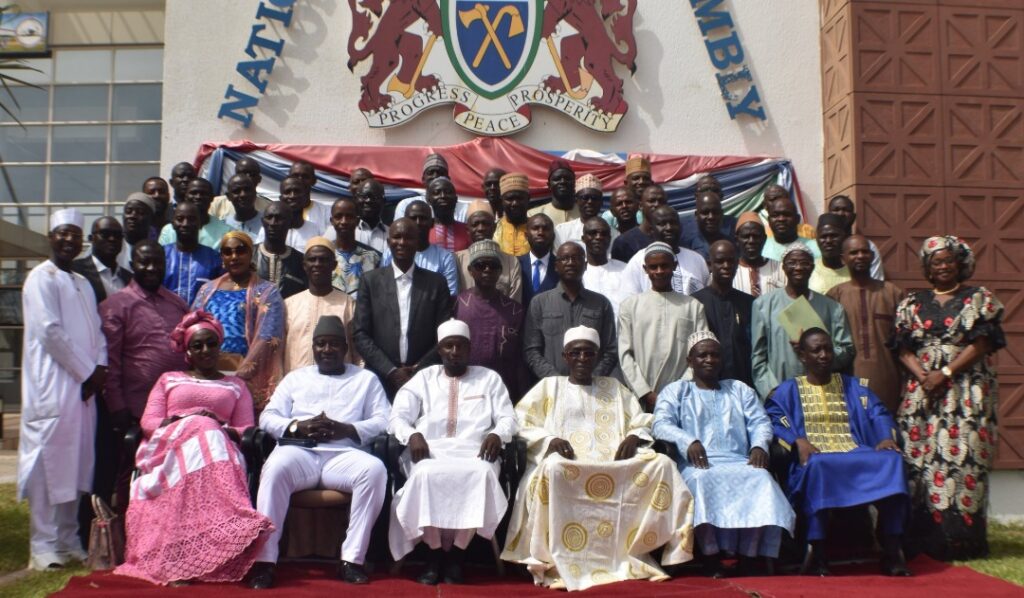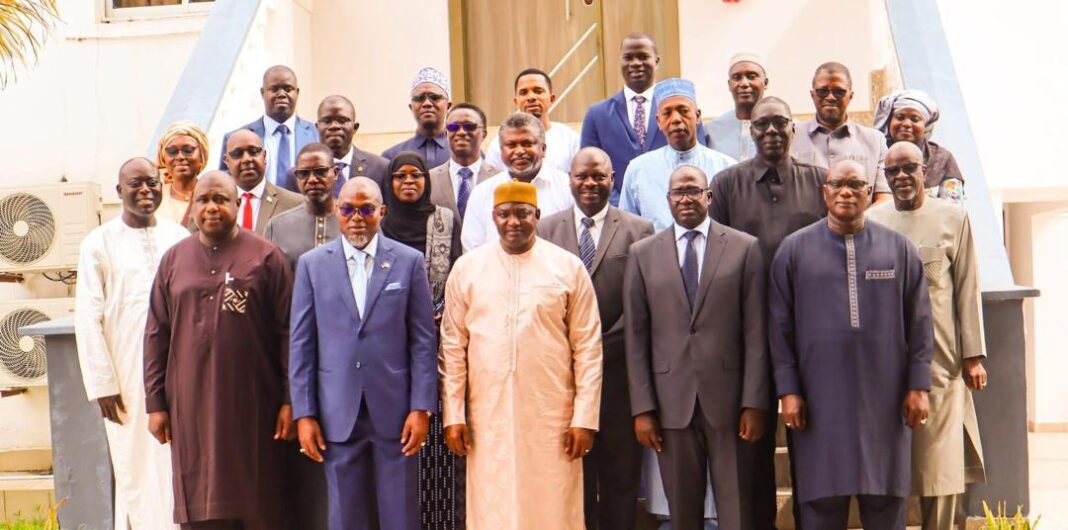
The destiny of any nation is determined by the quality of its leadership. A country built on truth, sincerity, and patriotism, guided by the rule of law and ethical standards, is bound to prosper. Conversely, a country where deception, corruption, and lawlessness prevail at the highest levels is doomed to failure. Sadly, The Gambia finds itself firmly in the latter category.
For far too long, public officials in this country have arrogated to themselves an air of supremacy and infallibility. They act as though they are masters rather than servants of the people. These officials demand obedience to the law from ordinary citizens, yet they routinely violate the very laws they are entrusted to uphold. The result is a culture of impunity and arrogance that has crippled governance and eroded public trust in state institutions.
The irony is glaring. Public officials take the podium at every occasion to pontificate about patriotism, good citizenship, and respect for the law. They preach values of service, accountability, and national progress. Yet, in practice, their actions are the direct opposite of their words. If they truly lived by the principles they so often invoke, The Gambia would not be the highly indebted, impoverished, and corrupt country it is today.
Nowhere is this disconnect more visible than in the quality of goods and services delivered to citizens. From healthcare to education, infrastructure to public administration, every sector of our nation is in disarray. Hospitals lack basic supplies, schools crumble from neglect, and public services are painfully slow, inefficient, and expensive. This is not because The Gambia lacks resources or hardworking people. On the contrary, our nation is blessed with immense natural wealth and an industrious population eager to build a better future. The problem lies squarely with those who occupy positions of leadership and responsibility.
Public officials are either the solution to a nation’s problems or the problem itself. Since independence, The Gambia has been burdened with leaders who have largely chosen to be the problem rather than the solution. Instead of using their power to serve, they have wielded it to enrich themselves and entrench corruption. Their lack of sincerity, patriotism, and integrity has turned governance into a private enterprise for the benefit of a few while the majority suffer in poverty and deprivation.
This state of affairs is not merely unfortunate, it is dangerous. A nation cannot endure indefinitely under the weight of corruption and mismanagement. If The Gambia is to survive and thrive, there must be a radical shift in leadership ethics. Public officials must abandon the culture of deceit and self-service. They must recognize that leadership is a sacred trust, not a privilege or an opportunity for personal gain.
The time has come for citizens to demand a higher standard from those who govern them. Gambians must no longer tolerate leaders who speak of law and patriotism but act with lawlessness and greed. Accountability must be enforced at every level, and public officials must be held to the same laws they expect others to obey.
The Gambia can still rise. We can build a nation where public service truly means serving the public. But this will only happen if truth replaces lies, sincerity replaces hypocrisy, and patriotism replaces selfish ambition. Otherwise, our beloved country will remain trapped in a cycle of failure and despair.
The choice before us is stark: reform or ruin. The future of The Gambia depends on whether those in power choose to be part of the solution or continue to be the very heart of the problem.
For The Gambia, Our Homeland


